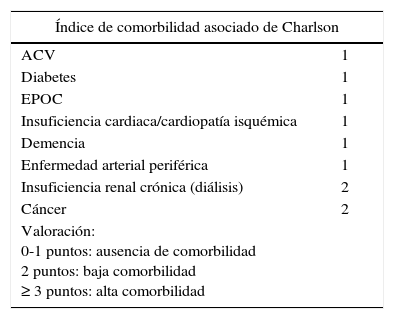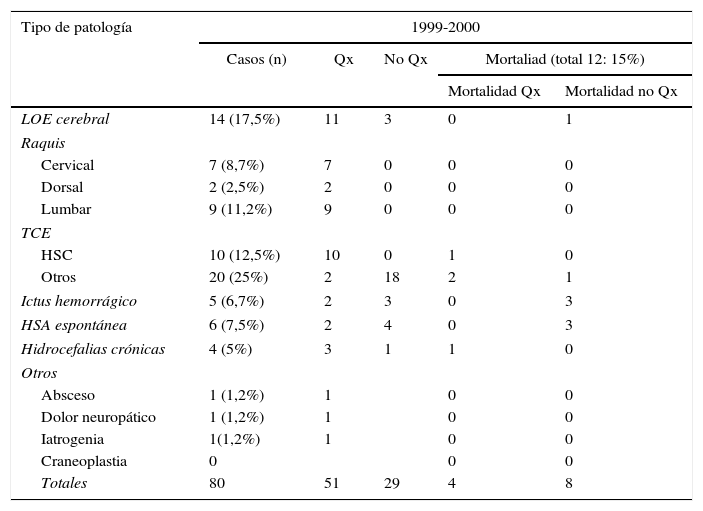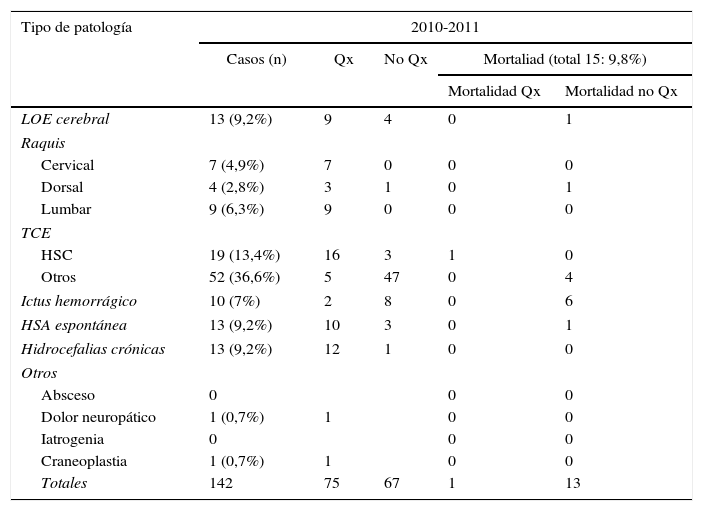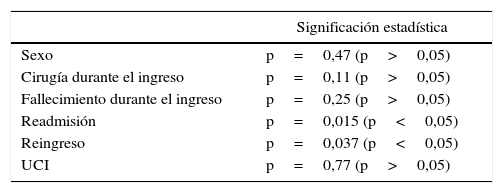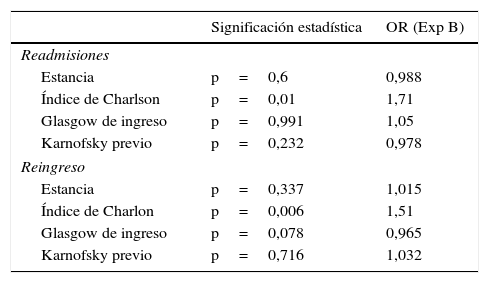Entre los años 2000 y 2050 la población mundial mayor de 60años se duplicará y la mayor de 80 se cuadruplicará. El entrenamiento del profesional sanitario no incluye normalmente una formación específica al respecto. Por ello, la Organización Mundial de la Salud recalca la necesidad de una formación sobre los problemas del envejecimiento dirigida a todos los sanitarios. Nos proponemos analizar el efecto de la edad sobre la neurocirugía en nuestro entorno.
Material y métodoSe realizó un estudio retrospectivo de cohortes históricas. Se recogieron, analizaron y compararon las personas con 70 o más años ingresadas en Neurocirugía o en la unidad de cuidados intensivos de nuestro hospital con patología neuroquirúrgica entre 2 periodos: 1999-2000 y 2010-2011. Se estudiaron variables como: edad, patología, estancia, comorbilidad, estado funcional, reingresos o mortalidad.
ResultadosIngresaron aproximadamente el mismo número de pacientes en los 2 periodos: 409 y 413. Sin embargo, los pacientes mayores de 70años aumentaron un 77,5%: 80 frente a 142. Se observaron diferencias estadísticas en el índice de comorbilidad de Charlson, el Glasgow al ingreso, la estancia hospitalaria y los reingresos. Específicamente, la comorbilidad y el Glasgow fueron peores en el segundo periodo. Sin embargo, la estancia fue menor en este periodo, aunque con mayores reingresos. Tras un análisis multivariante se observó que los reingresos eran dependientes de la mayor comorbilidad y no del alta precoz. No encontramos diferencias en el estado funcional o en la mortalidad.
ConclusionesActualmente observamos un aumento considerable de los pacientes mayores de 70años. No se observa, sin embargo, un empeoramiento del estado funcional o de la mortalidad gracias, probablemente, a un manejo multidisciplinario de estos pacientes. Los resultados de este estudio apoyan el desarrollo de un grupo de trabajo dedicado a la neurocirugía geriátrica.
Between 2000 and 2050, the proportion of the world's population over 60years will double, and the number of people aged 80 and older will quadruple. Health professional training does not include instructions about specific care for older people. The World Health Organization maintains that all health providers should be trained on ageing issues. Thus, it is proposed to analyse the effect of ageing on Neurosurgery in our country.
Material and methodA retrospective historical cohort study was performed on individuals age 70years or older admitted to the Neurosurgery or the Intensive Care Unit of our hospital, with neurosurgical disease, between two periods: 1999-2000 and 2010-2011. An analysis was made on variables such as: age, pathology, length of stay, comorbidity, performance status, re-admissions and mortality.
ResultsSimilar numbers of patients were admitted during the two periods: 409 and 413. However, there was an increase of 77.5% in patients older than 70years: 80 versus 142. Statistically significant differences were observed in the Charlson Comorbidity Index, the admission Glasgow Coma Scale (GCS) score, length of stay, and re-admissions. Comorbidity and admission GCS score were particularly worse in the second period. Nevertheless, the mean length of stay was lower in that period, but showing more hospital re-admissions. After multivariate analysis, it was observed that re-admissions were associated with comorbidity, but not with early hospital discharge. No differences were found in performance status or mortality.
ConclusionsA very considerable increase in percentage of patients older than 70years old was found. There were no differences in performance status or mortality, which was probably due to the multidisciplinary management of these patients. The results of this study support the development of an interdisciplinary work group dedicated to Geriatric Neurosurgery.
Artículo

Si es la primera vez que accede a la web puede obtener sus claves de acceso poniéndose en contacto con Elsevier España en suscripciones@elsevier.com o a través de su teléfono de Atención al Cliente 902 88 87 40 si llama desde territorio español o del +34 932 418 800 (de 9 a 18h., GMT + 1) si lo hace desde el extranjero.
Si ya tiene sus datos de acceso, clique aquí.
Si olvidó su clave de acceso puede recuperarla clicando aquí y seleccionando la opción "He olvidado mi contraseña".








